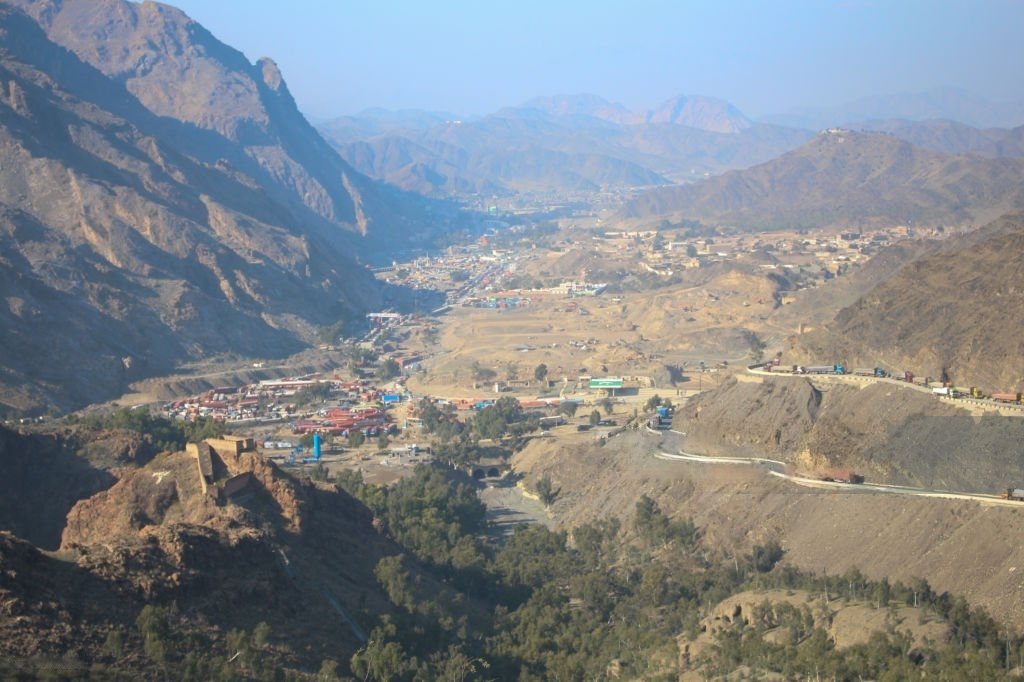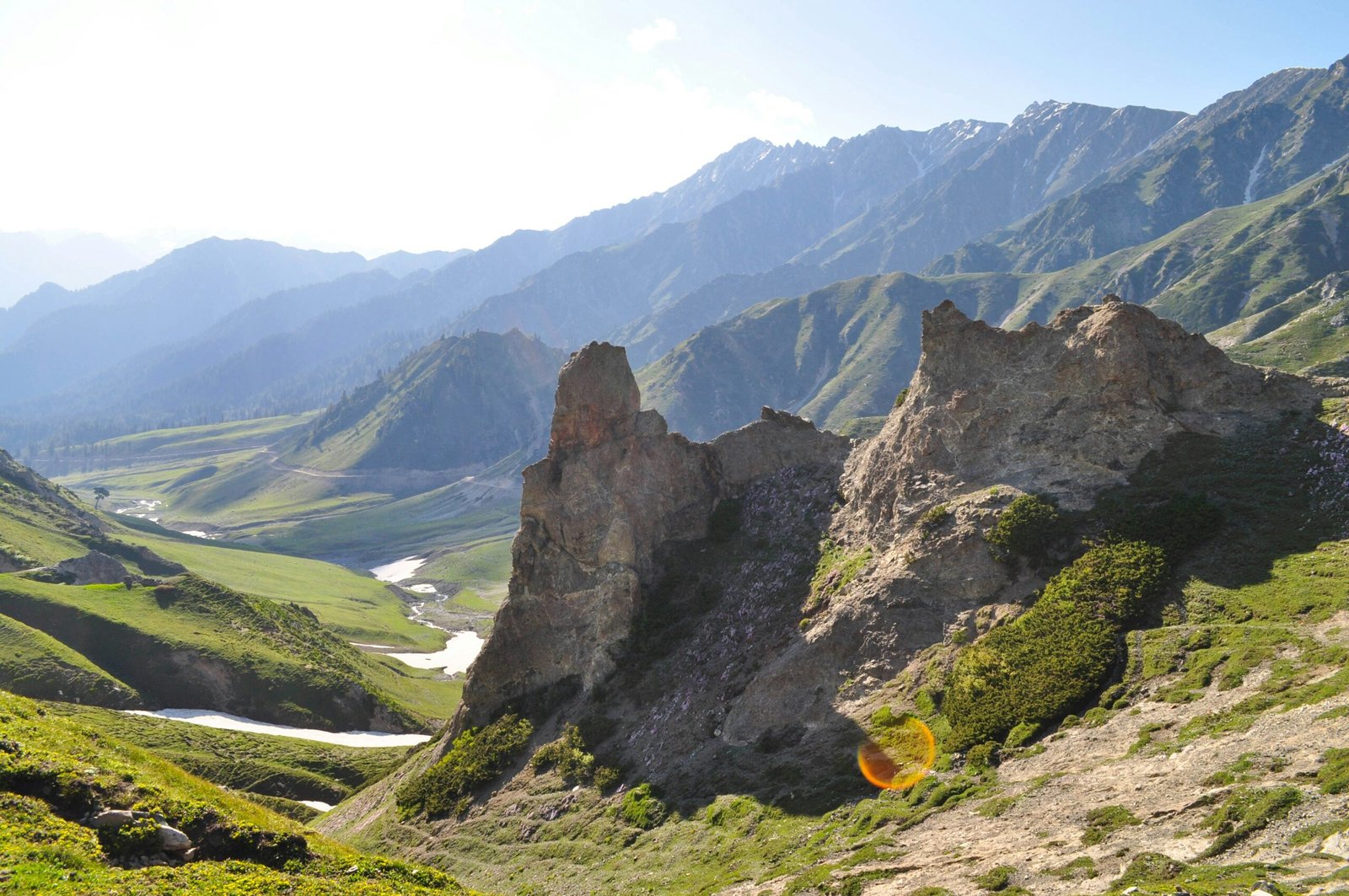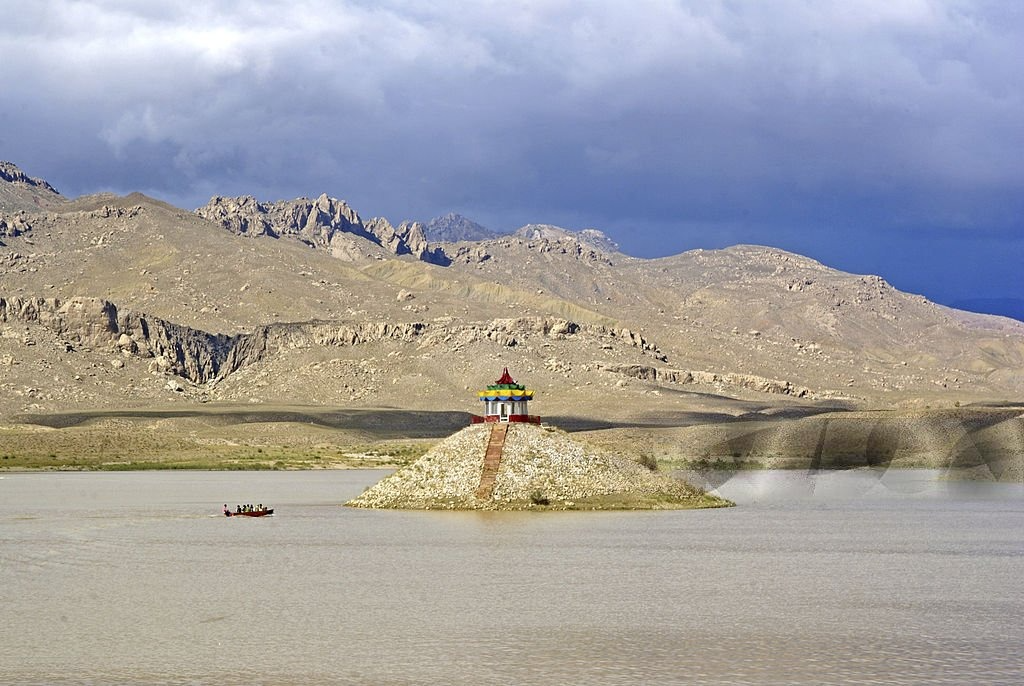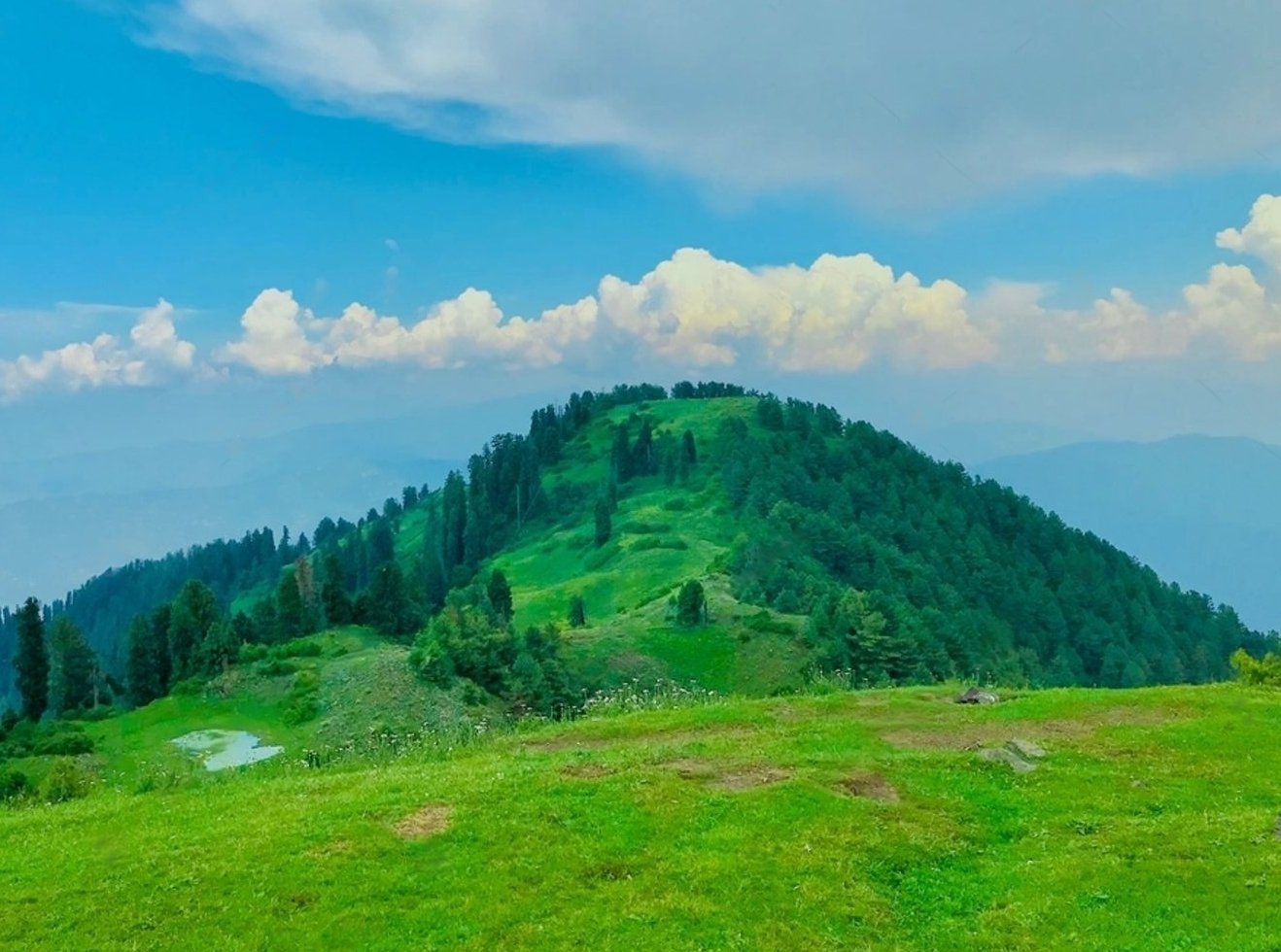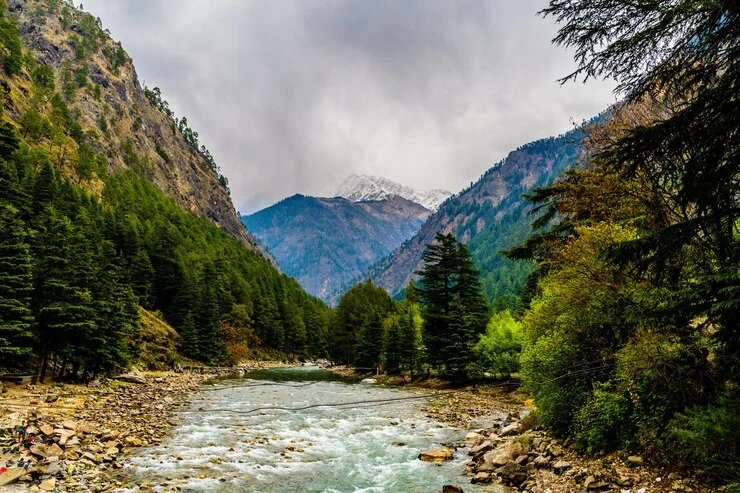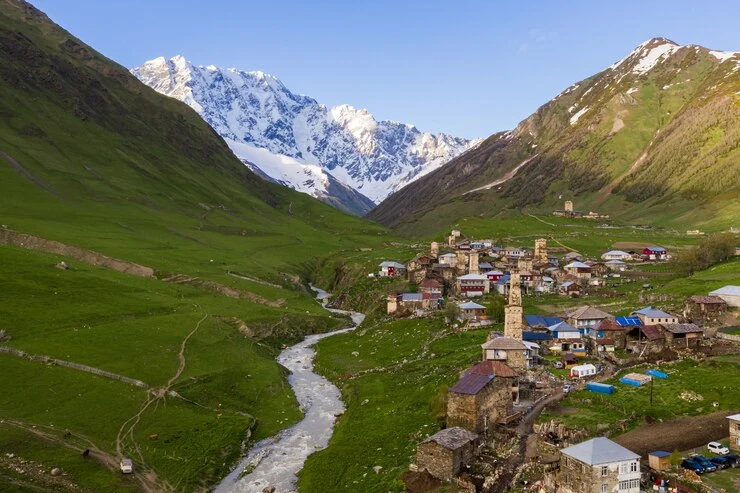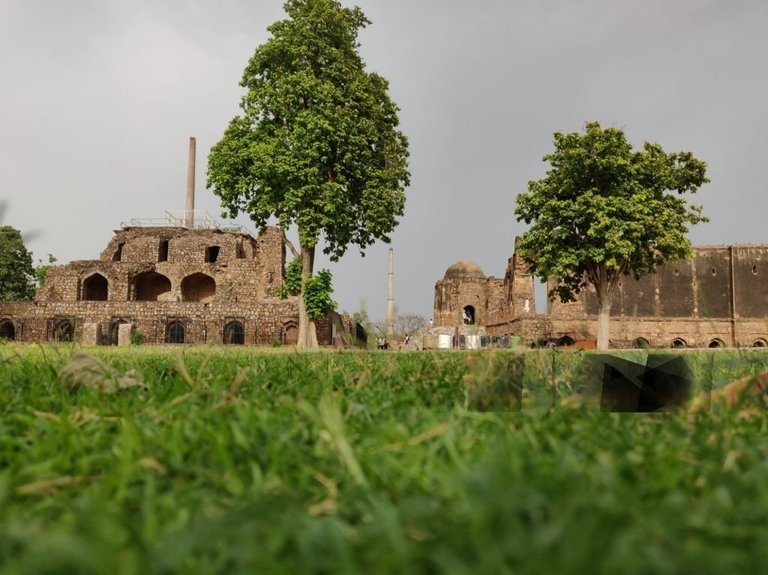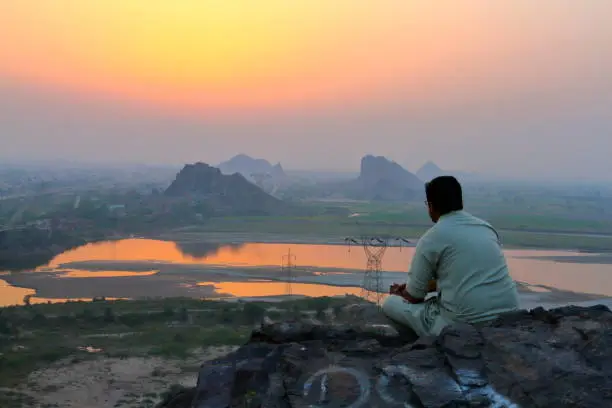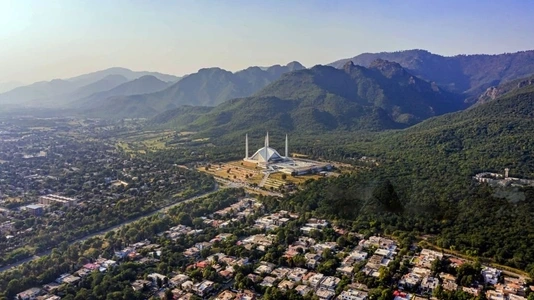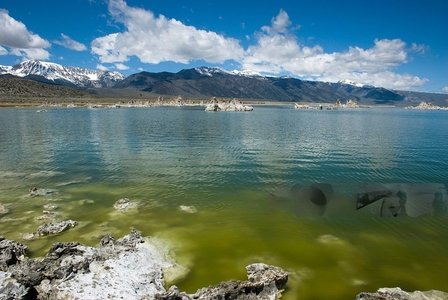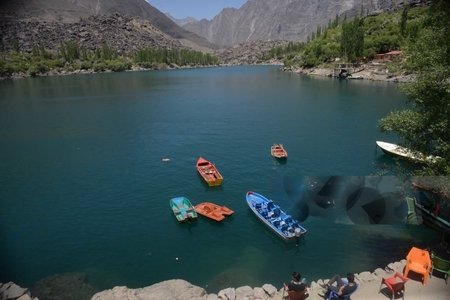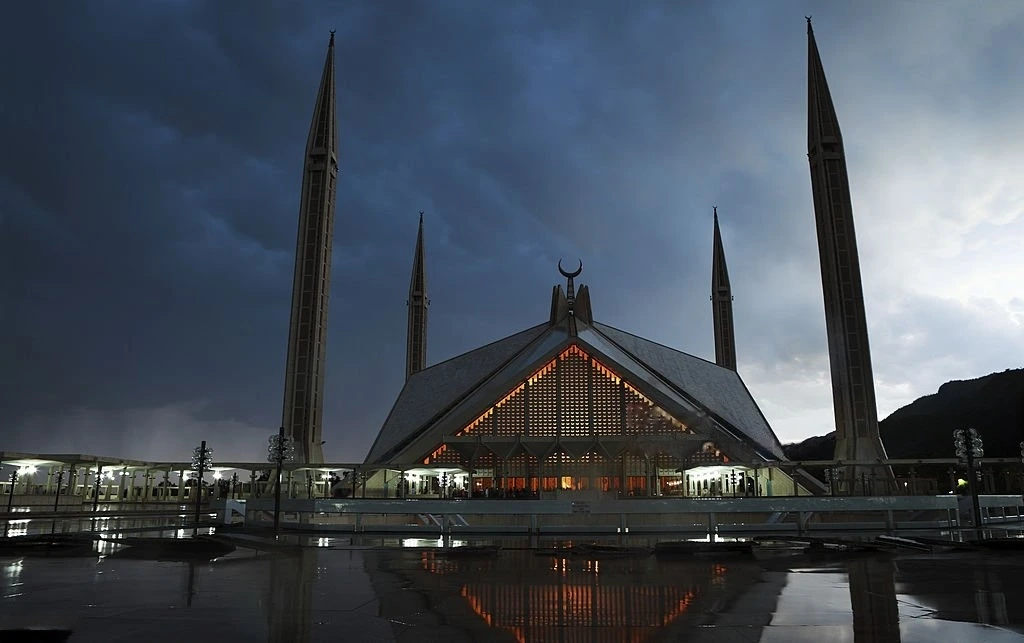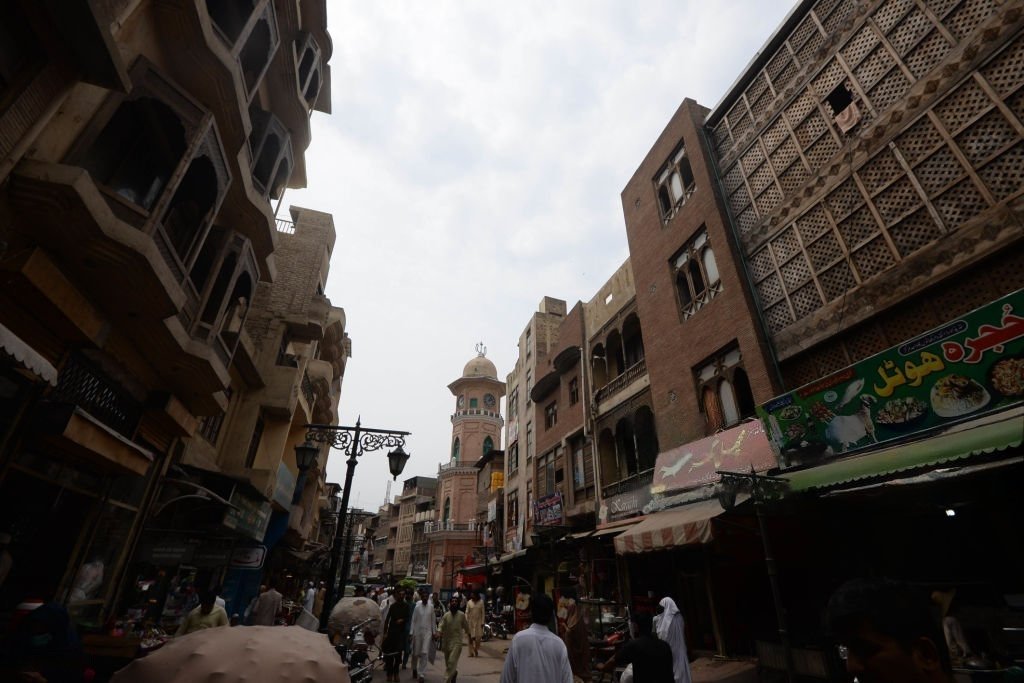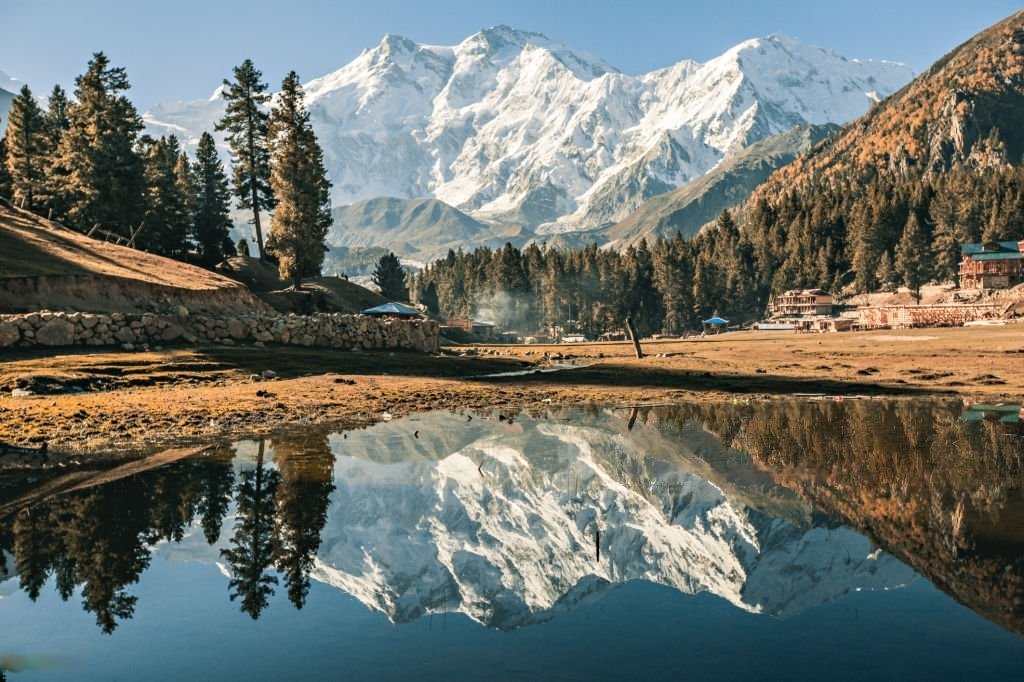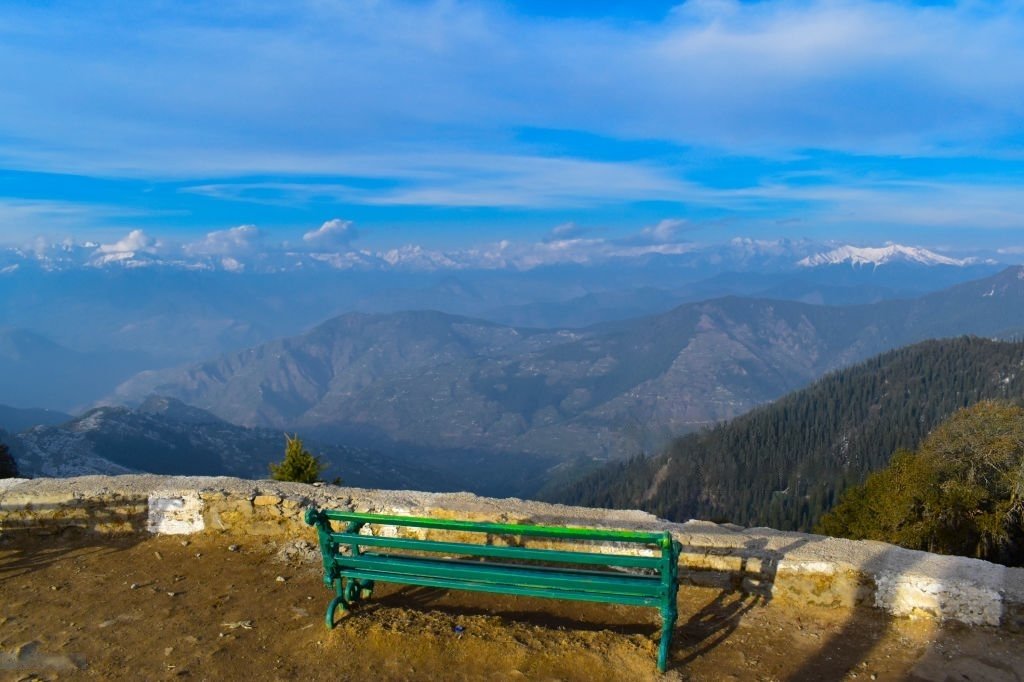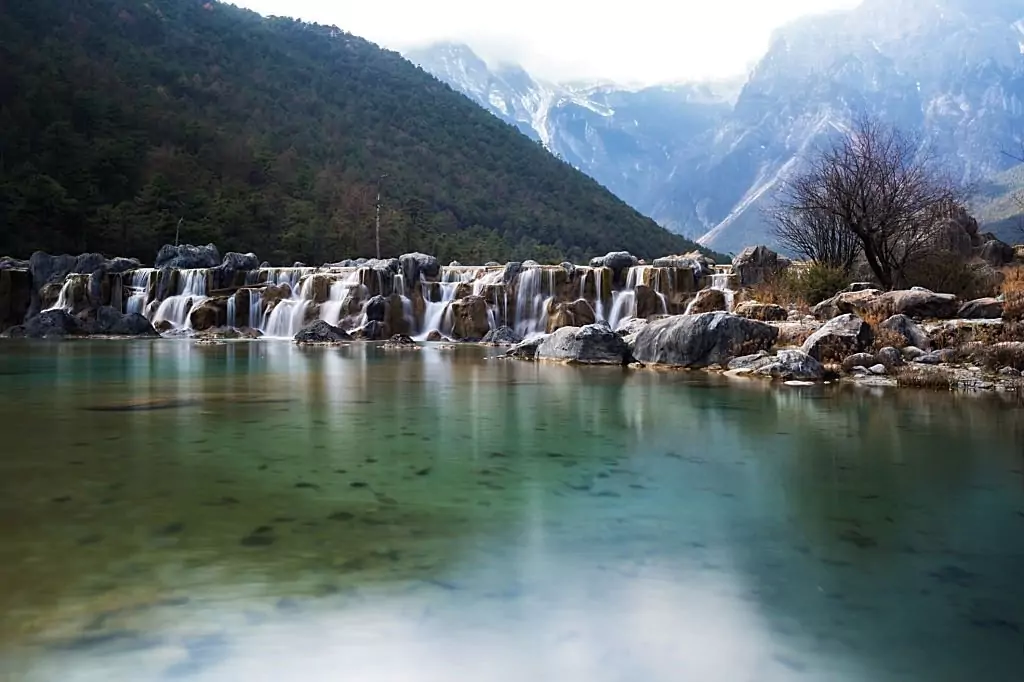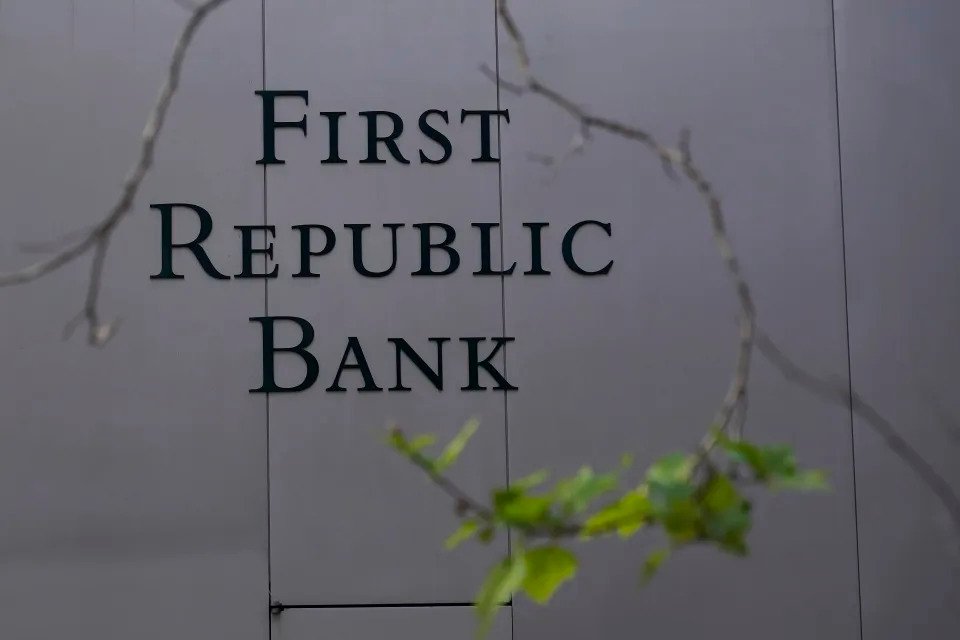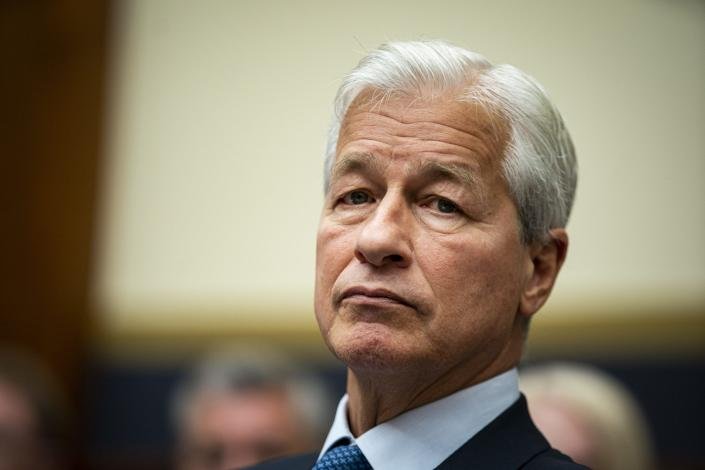Land grabbing, an age-old practice in Pakistan, involves individuals or groups unlawfully occupying property that doesn’t belong to them. In local terms, it’s known as the “qabza mafia.” These opportunists often present forged sales and rental agreements to falsely claim ownership, making land grabbing a widespread issue with thousands of cases pending in courts and countless others unreported. This problem not only strains the legal system but can lead to tragic situations. This article explores the roots of land grabbing in Pakistan and the legal measures taken to combat it.
The Rise of the Qabza Group
The “Qabza Group” is a notorious term synonymous with land grabbing in Pakistan. These individuals have strong connections with officials, including the police and income tax authorities. They employ various tactics to extort, threaten, or intimidate landowners before illegally seizing their properties. The real estate boom in Pakistan has exacerbated land grabbing, as these groups bribe government representatives to facilitate their actions. Inheritance disputes within families are a common catalyst for land grabbing. What’s worse, the “qabza mafia” has expanded their tactics to target public or government lands for commercial or unauthorized residential development projects.
Read: Top Chemical Manufacturing Companies in Lahore
Forging Property Documents: The Sinister Strategy
Faking property ownership and documentation is a time-consuming process, but it’s one that some audacious land grabbers undertake. This includes forging revenue records and falsifying property ownership documents, initiating lawsuits to keep properties in dispute for years. It’s not just the notorious “qabza mafias” who resort to such tactics; unaffiliated individuals also use this strategy to displace rightful property owners.
Legal Measures to Combat Land-Grabbing
The Pakistani government has taken steps to curb the growing trend of land grabbing through various legislations and initiatives. Let’s delve into some of the legal tactics that have been introduced to combat this menace:
Anti-Land Mafia Cell
In 2021, the Punjab government initiated a battle against the “qabza mafia” by establishing the Anti-Land Mafia Cell with a dedicated complaint number, “1242.” This cell has received a substantial number of complaints and has successfully recovered plots worth billions of rupees, dealing a blow to land grabbers.
Pakistan Citizen Portal
The Pakistan Citizen Portal introduced a special complaint category to address grabbing. Individuals can now file complaints if their land is being infringed upon or report incidents of land grabbing on state-owned lands. The former Prime Minister, Imran Khan, took a strong stance against land grabbing, instructing provincial chief secretaries to hold meetings with relevant authorities to combat this issue effectively.
Illegal Dispossession Act 2005
To expedite the process of recovering unlawfully taken properties, the Illegal Dispossession Act 2005 was enacted. This legislation imposes a 10-year prison sentence and fines on individuals who unlawfully seize or occupy another person’s property.
Eradication of Qabza Group (Activities), 1993
The Eradication of Qabza Group Act, 1993, prioritizes cases related to land grabbing and ensures speedy resolution within 30 days of filing. It also imposes strict punishments to apprehend and hold land grabbers accountable.
Settlements or Agreements
In some cases, settlements or agreements are the only means of resolving property disputes caused by land grabbing. However, these solutions, often facilitated by a third party or government representatives, can lead to prolonged conflicts among families.
In Conclusion
Land rights are not always adequately protected in Pakistan, making property ownership vulnerable to forced transfers orchestrated by the “qabza mafias.” While the problem persists, legal measures have been introduced to tackle land grabbing and protect property rights. To safeguard your property in Pakistan, it’s crucial to be aware of the rules and precautions outlined above. By understanding your rights and the available legal remedies, you can stand up against land speculators and help build a future free of this menace.

